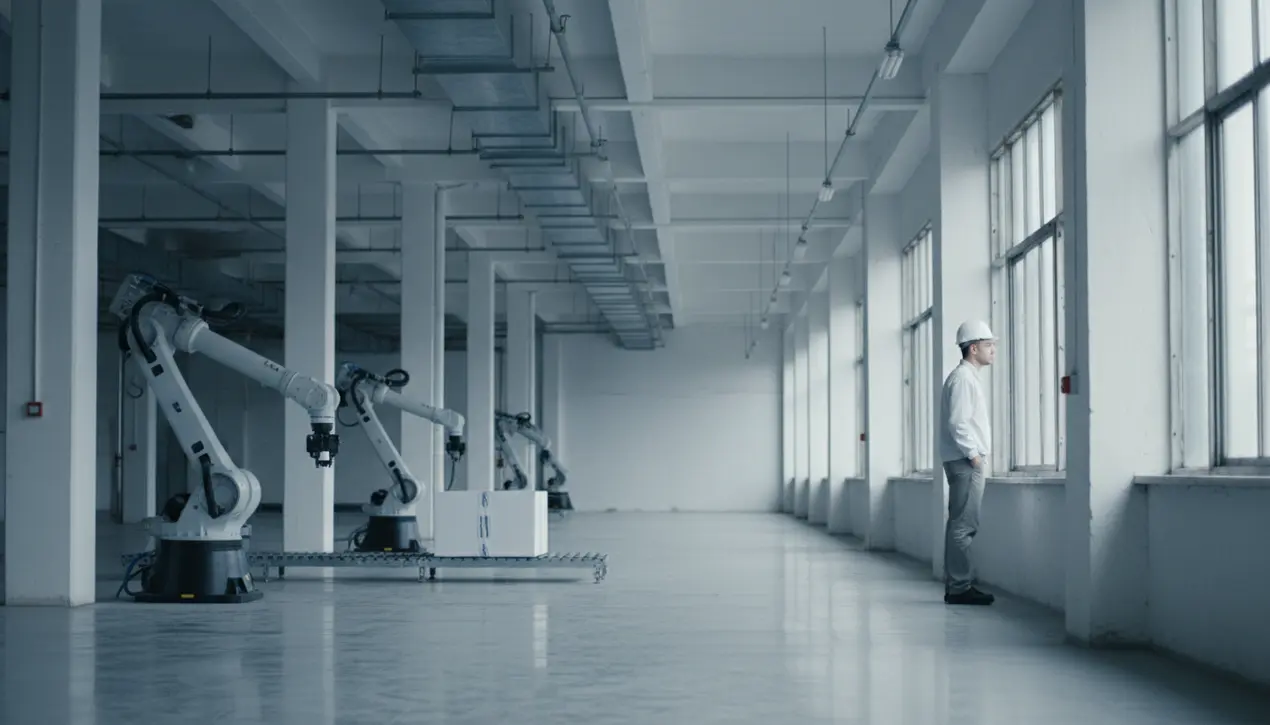
FinancemacroeconomyEmployment Data
Key economic sectors show weak job growth.
OL
Olivia Scott
5 hours ago7 min read3 comments
The latest data from the Bureau of Labor Statistics paints a curiously bifurcated picture of the American labor market, one where a roaring GDP, supercharged by a data center and AI investment boom, fails to translate into robust hiring within the economy's traditional bellwethers. For an economy expanding at a rapid clip, the anemic job growth in key sectors like manufacturing, temporary help services, transportation, and wholesale trade signals a profound underlying weakness in worker demand that the superficially low unemployment rate dangerously obscures.This isn't a sudden development; these sectors have been showing weak job creation or outright losses for the last couple of years of the previous administration, but the persistence of this trend amidst a significant GDP surge is particularly striking. The numbers tell a clear story: while overall employment managed a 0.8% increase over the twelve months ending in September, this growth was driven almost entirely by the less cyclical, and arguably less dynamic, sectors of health care, social assistance, leisure, hospitality, and state and local government. Manufacturing employment contracted by 0.7%, a decline exacerbated by recent tariff pressures but one that long predates the latest trade wars, with year-over-year job losses now persisting for over two years. Even more telling is the 3% drop in temporary help employment, a notoriously volatile but crucial leading indicator for underlying growth trends, which has been shedding jobs for three consecutive years—a clear red flag that corporate confidence in sustained expansion is wavering.Further compounding the concern, transportation and warehousing, along with wholesale trade, two sectors that typically move in lockstep with broader economic momentum, are adding jobs at rates of just 0. 6% and 0.2% respectively, both lagging significantly behind the overall job growth figure. A stunning statistic highlighted by Bloomberg drives the point home with brutal clarity: two sectors alone—health care and social assistance, plus leisure and hospitality—accounted for more than 100% of net job gains so far in 2025.Strip those out, and the U. S.economy actually *lost* 6,000 jobs in the first nine months of the year. This creates a dangerously weak starting point for the economy, especially as corporate executives increasingly see new opportunities to leverage AI for automation, potentially making human labor a less central component of their operational calculus.While it's still too early to attribute these weak numbers directly to AI-driven productivity gains—the trend predates the current AI frenzy—it is far more plausible that the mere sight of such transformative opportunities on the horizon has instilled a widespread corporate reluctance to hire in the absence of overwhelming, immediate need. This sentiment was echoed by BlackRock's chief investment officer for global fixed income, Rick Rieder, who noted in an analysis following the latest jobs report that what we are likely witnessing is 'essentially a hiring pause in anticipation of AI.' This cautious stance is being informed by forward-looking research, such as a recent report from the McKinsey Global Institute, which posits that AI and robotics technologies could, in theory, automate a staggering 57% of all U. S.work hours. The authors suggest a future where AI doesn't render human skills obsolete but radically reconfigures their application, with people spending less time on research and document preparation and more on framing complex questions and interpreting nuanced results.From a Wall Street perspective, this data forces a reevaluation of the headline economic numbers; the glum public attitude toward the job market, often dismissed as a perception problem, is in fact grounded in a very real and concerning structural shift. The Federal Reserve will be watching these sectoral divergences closely, as they complicate the inflation and interest rate outlook. With more technological change inevitably ahead, the fundamental relationship between economic growth and job creation appears to be entering a new, uncertain phase, one where the old rules may no longer apply.
#job growth
#unemployment
#AI automation
#economy
#manufacturing
#featured
Stay Informed. Act Smarter.
Get weekly highlights, major headlines, and expert insights — then put your knowledge to work in our live prediction markets.
Comments
Loading comments...
© 2025 Outpoll Service LTD. All rights reserved.